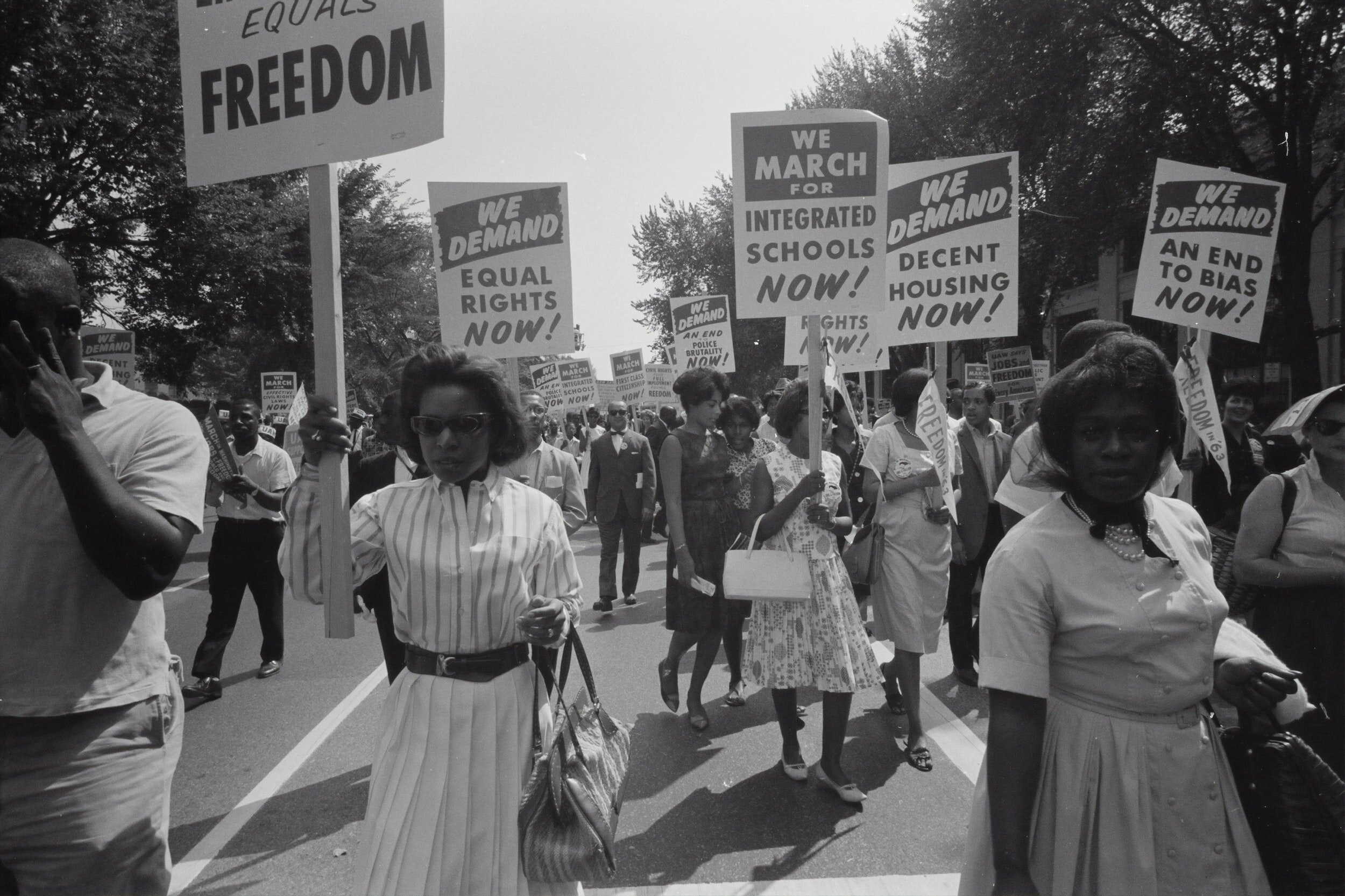
Get Out of the Boat and Fail
I felt the heat rushing up my neck. She yelled at me for crying. She said that my tears had derailed the conversation.
Her words smacked into my chest, leaving me gasping for air. A few years ago, as a senior in college, I had begun learning about systematic racism. My journey led me to study my responsibility as someone who both benefits and is complicit in the systematic racism.
In my mind, I had become an alley — even teaching others about White supremacy and racism. I boasted about an award I had won earlier that year for my efforts.

Deeply Divided
As protestors ask for justice, Christians are lobbing accusations at their fellow believers, deepening the divide between how we as Church view our role.
How do we begin to engage in dialogue about our role in addressing systematic racism? Is there a way that the body of Christ, can truly find where we fit into the conversation?

20 Life-Changing Books
I'm so thankful that many of my white friends have been asking me questions about my journey in learning about justice and loving all God's people. God has used books written by men and women of color to propel me on my journey. At the request of some friends, I've written down some of the books God has used to mold me. These books are not in a particular order, just books that have helped me on my journey.

It’s Time to Look In the Mirror
One Saturday night in college, I drove my friends to a club in Atlanta. I don’t remember exactly why, but, I walked back to my car without my friends. I noticed some black men standing in the parking lot. Scared, I jumped into my car and moved to another parking lot.
The men had done nothing wrong. My fear was irrational. I had been taught my whole life, through society, media, and non-verbal cues that black men are dangerous. No one had ever said, “When you see a black man, run away.” However, I internalized the unspoken message and acted.

Racial Reconciliation is NOT a Cause
I had just walked into Chipotle when one of my Asian American colleagues pulled me aside. “What you said this morning hurt my feelings, and it felt really insensitive and a bit microaggressive toward Asians,” she said. I apologized with my lips, but my heart was furious. I knew this woman when she was a student and had been fighting for racial reconciliation since before she was in college. How dare she accuse me of being racist!

Moving Forward By Looking Back
On a beautiful summer day this year, while I watched my daughter play at the playground, I started talking with a few other mothers around, as we often do. One of the moms, another white woman said, “I love that our children play together and that they don’t notice color. Why do we have to keep talking about race? We’ve moved past this.” The only black mom in the group shifted uncomfortably and became even more clear that we were strangers, connected only by the fact that our children happened to play together.
I asked, “If race is not an issue, why is that on this perfect summer day, it is almost exclusively white children playing at this free park? Our city is diverse. If race wasn't a factor, wouldn’t that be reflected here?”

Don't Judge the Reaction, Listen to the Pain
For 10 years, I've listened to donors say they couldn't support me. For 10 years, I've listened to the Christian community say I couldn't preach. For 10 years, I have listened to micro-aggressive comments. And all, solely because I am a woman. When a colleague said he didn't believe in women in leadership to a younger woman, I broke. I felt like I was being told my voice was unimportant. I was ashamed that I had not paved the way for women to follow me into leadership. In that moment, I wasn't thinking about editing my response. I wasn't concerned with how people would perceive my actions, I just needed to deal with the pain and my outburst was unprofessional.

Why I Spoke Up
My toddler sobbed uncontrollably as she tried to open the door. I calmly – or at least I tried to be calm – told her that she had to wear a diaper. She continued to pout. I continued to wait. After sobbing for a few minutes, she reluctantly realized that I was right. When God asked me to speak out publicly about racial reconciliation, I threw a tantrum that mimicked my daughter's. Like my daughter, I wanted to do it my way.